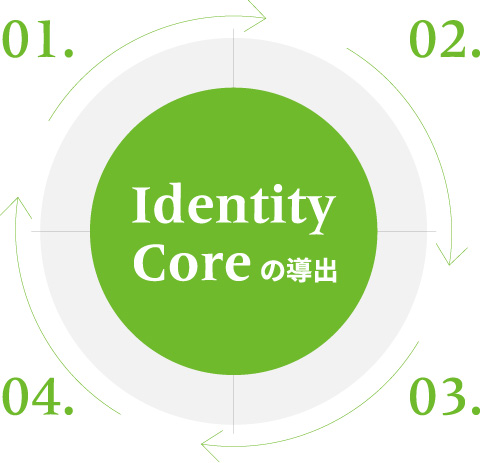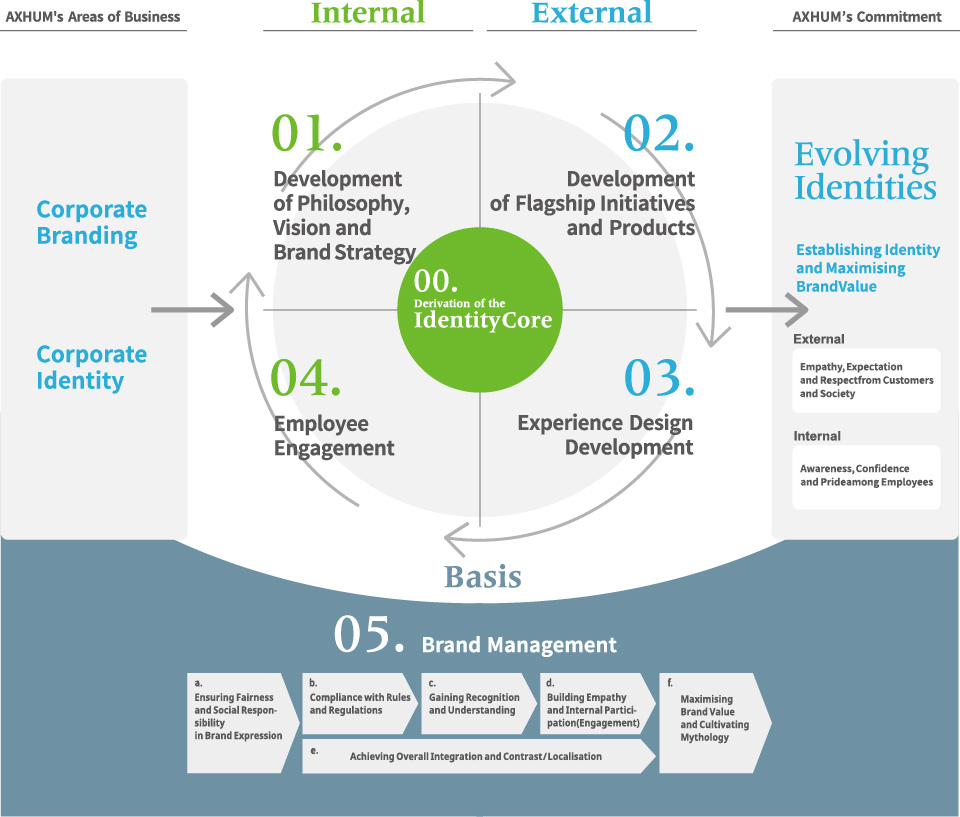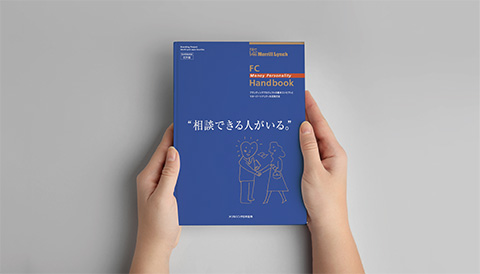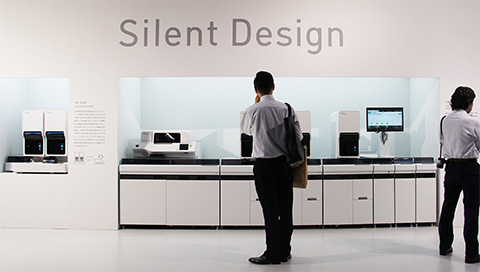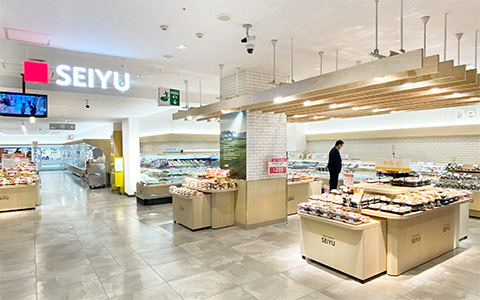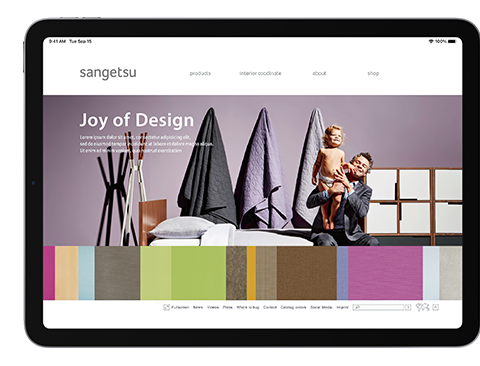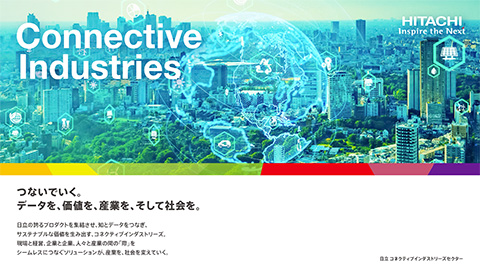00.
Identifying and Articulating the Identity Core
The Identity Core represents the fundamental concept embedded within an organisation—an element of tacit knowledge shared deeply across the organisation’s inner layers.
At AXHUM, every project begins with uncovering and articulating this latent Identity Core. Through a combination of our proprietary qualitative and quantitative research and analysis, we identify the organisation’s central concept. This is then refined and aligned in close collaboration with executive leadership to ensure mutual understanding and ownership of its essence.
The identified core concept becomes the foundation for developing the corporate philosophy, vision, and brand concept. It also enables the organisation to ensure consistency across business strategies, product development, and employee engagement—aligning all actions with a unified identity.
